#James Callis
Text
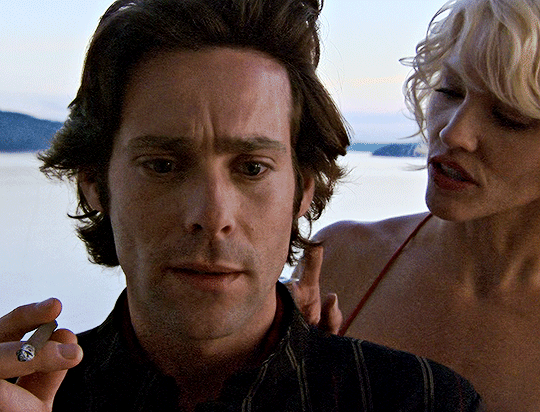

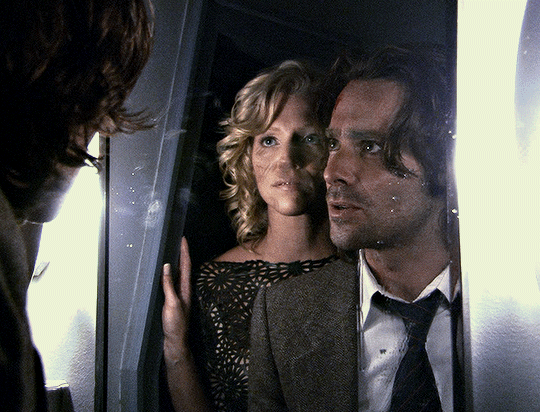

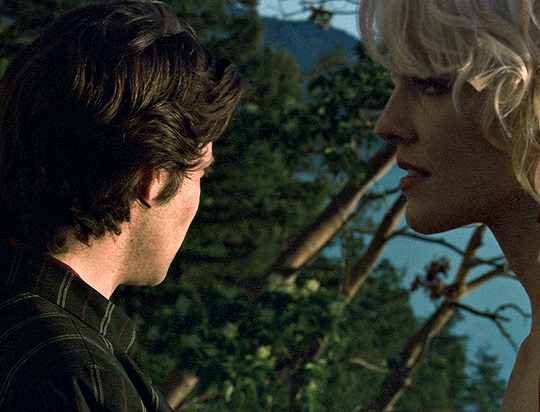
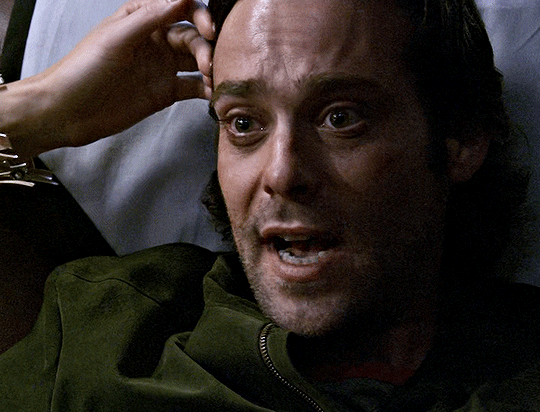
"But always remember, I have your heart. I can always rip it out of your chest if I need to."
BATTLESTAR GALACTICA
20 Year Celebration Challenge
favourite dynamics: gaius and six
#bsgedit#scifiedit#battlestar galactica#tvedit#syfysource#televisiongifs#cinematv#bsg#machine as woman#james callis#tricia helfer#gaius baltar#caprica six#bsg20#head six#bsg rewatch#~#i will create something so niche for 3 people in total#behind every pathetic man is a problematic tall robot lady whispering in his ear
165 notes
·
View notes
Text

So pay we all
#battlestar galactica#bsg#strike#sag#wga#wga strike#wga strong#sag-aftra#michael trucco#edward james olmos#mary mcdonnell#James Callis
277 notes
·
View notes
Text
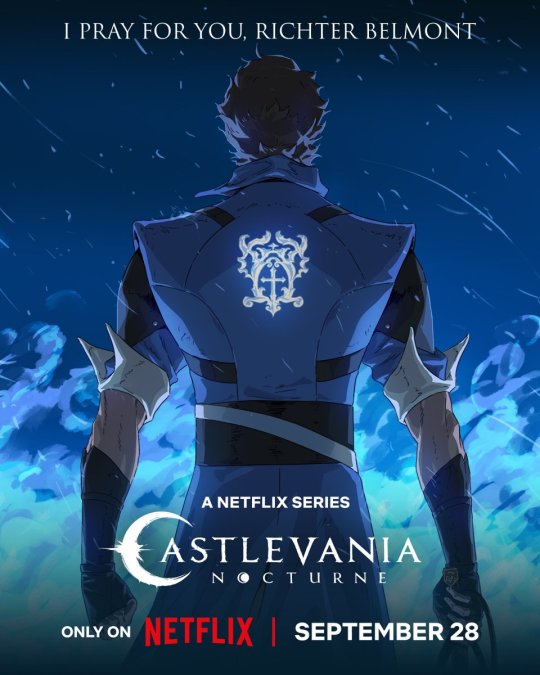
Over two years since original announcement, Neflix finally sets Castlevania: Nocturne release date.
The series will follow Richter Belmont during the French Revolution.
And according to Collider, there’s a chance Richard and Alejandra Reynoso might reprise their roles from the original series via flashbacks.
Castlevania: Nocturne premieres September 28 on Netflix.
#richard armitage#trevor belmont#alejandra reynoso#sypha belnades#richter belmont#james callis#alucard#adrien fahrenheit tepes#graham mctavish#vlad dracula tepes#dracula#wallachia#castlevania#castlevania nocturne#netflix#castlevania spin off#spin off#france#french revolution#1792#kevin kolde#clive bradley#samuel deats#adam deats#powerhouse animation#frederator studios#animation studio#collider#september 2023#news
319 notes
·
View notes
Text
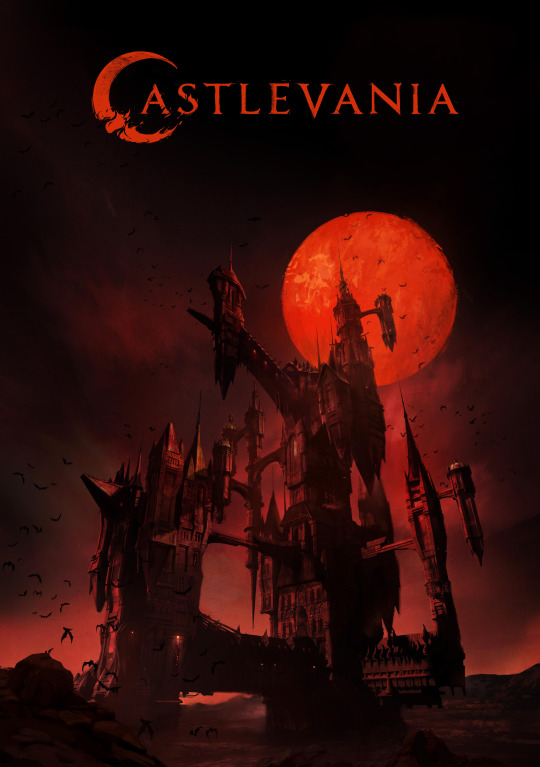
#tv shows#tv series#polls#castlevania#richard armitage#james callis#theo james#2010s series#us american series#have you seen this series poll
53 notes
·
View notes
Text
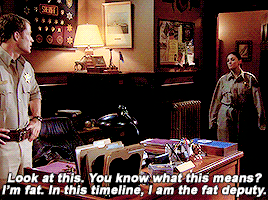









#eureka#eurekaedit#a town called eureka#jo lupo#jack carter#deputy andy#trevor grant#erica cerra#colin fergurson#james callis#ty olsson#season 4#4.02: a new world#scifiedit#syfyedit#scifigifs#syfygifs
108 notes
·
View notes
Text





39 notes
·
View notes
Text



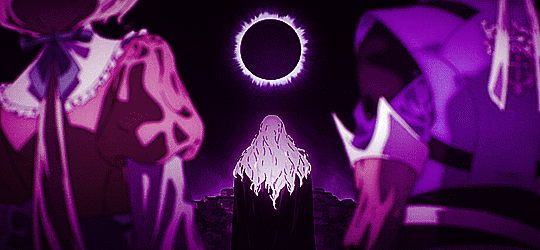

I hope I'm not too late.
30 notes
·
View notes
Text
We need to talk about this bad boy
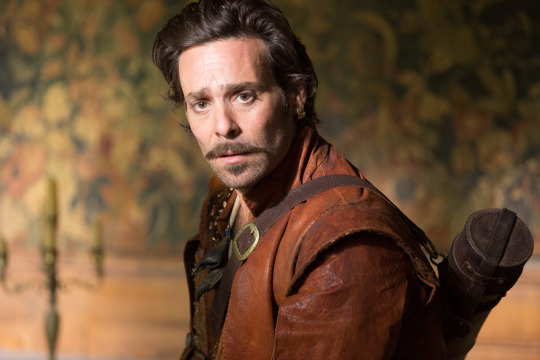
Émile Bonnaire. Adventurer, mercantile traveller, ladies’ man. Likes a drink, likes a laugh, loves to tell tall tales. Flamboyant, fun, and impressively fleshed out by the tiny, dapper, gravel-voiced charms of James Callis. Even his name derives from the French for “a good time” (or, depending where you look: “good bloodline”).
We first meet him accompanied by jaunty music on his way from the docks to a tavern, tipping his hat to interested women with a smirking flash of big, dark, pretty eyes, before roaring his intentions to pay for everyone’s drinks as he bursts through the door.
A bit of a rogue, Bonnaire. A bit of a weasel too, but a funny one. And he has an excellently aggressive wife.
Bonnaire is the kind of person who gets other people into trouble but always slips free himself. Pay attention - that’s going to be important later.
Once he’s successfully wriggled his way back into the clutches of the Musketeers, he treats Porthos (and us) to the glories of his exotic wanderings, revealing himself to be something of a liar, or just prone to exaggeration and fawning.

So far, so funny.
Except that the people he’s pissed-off have a habit of finding him, and again it’s those around him who pay the price. Our lads drag a potentially mortally wounded Porthos on to Athos’s old house and, despite comedy punching, it’s clear that things have taken a turn for the serious. The music is cluing us in, you see.
And it turns out that being beholden, duty, debts owed, and notions of family and belonging are massive themes here. As well as definitions of humanity, of who gets to be chattel. Of who gets to own the enacted tragedy.
Porthos rails and growls, and Bonnaire defends himself, claiming that the barbaric (“disgusting” - thanks, Athos) acts he’s perpetrating in the name of profit are “strictly business”. Not prejudice. Porthos spells it out for us, time and again: people are not belongings, everyone is free, no man has a right to own and dispose of another living soul. Except Bonnaire is. Except Athos has. Except the King and Richelieu do, and will. Arguably, these men who kill for duty, as Maria Bonnaire threatens for love (and is killed for revenge) are part of that same culture of disposable humanity.
The episode shows us this, asks us to consider a multi-faceted view of people and their motives and actions. People can be noble and be murderers. People can be friendly and polite, and ruthless killers. People can be charming and fun and human traffickers.
We have a problem in this fandom. A pretty big one, and frankly an old one too. Dumas, for example, seemed to be showing us an unredeemably monstrous Milady while simultaneously demonstrating that, in the society where she found herself, she had little choice - drown, or by killed for a witch, essentially. Tragic, noble, beautiful Athos drowns his sorrows under a nom de guerre, and charges at well-armed enemies in a bid to escape from a crime that d’Artagnan labels correctly as murder right from the get-go in the books. And in the show, Athos condemns Milady over and over for the sins that he himself commits, of killing at the command of the powers-that-be, forever drawn to and repulsed by a woman who shows him all-too-clearly what they both are, and have chosen to be. And yet certain facets of fandom cannot see Milady as anything but evil, and Athos as thoroughly blameless. So many adaptations (or perceptions of them) see Richelieu as nothing but a big old panto baddie and d’Artagnan as a beloved puppy who never did anything wrong. Hi. We have some things we need to address. Dumas gave us a raft of characters who are frankly horrible, selfish, violent people, every one of them flawed in some way, every one of them with issues they need to face, sins to atone for. We do the source material an injustice if we reduce them to simply Good Guys and Bad Guys.

And here, in response to an adaptation deliberately rendered for a modern audience, with dozens of layers in every interlocking scene and arc, people persist in seeing Bonnaire as a funny wee guy who was merely a bit greedy. But he’s funny and flash, so no real harm done, huh? Oh, he’s misguided, not evil!
The late, great Terry Pratchett broke down millennia of debate by saying that evil starts by treating people as things. Oh, it may head elsewhere, become more granular and a matter of opinion, but actually it’s pretty simple: don’t treat people as commodities.

The people who watch that episode and come away uncritical Bonnaire stans stagger me. This one isn’t even subtle - not only does he leave his beloved wife to die; not only does he lie and cheat and slide away from accountability at every turn, but Porthos roars (and later mutters) an absolute and no-holds-barred, emotional and intellectual take-down of the ethical nadir, the moral pit that is perpetrating slavery. He outlines in pitiless detail what it really means to the individuals (“Men, women, and children!”). He show how the long-term effects of that abuse, even once freed, shorten a person’s life, have resounding repercussions through generations. And he must feel so alone - the others holding him back from hurting Bonnaire, Athos telling him “Yes, it’s horrible, but it’s legal, and we have our duty to take this man to the Cardinal,” before ducking out of said duty himself to go on an drinking binge epic even by his standards. The others are more sympathetic, but still follow the course set for them by their superiors.
I want to tell the Bonnaire fans: yeah, he’s supposed to be fun and funny. You’re supposed to pick up that people can be interesting and quirky and ABSOLUTELY, THOUGHTLESSLY EVIL. That evil isn’t just the simple, unattractive thuggery of Labarge et al, it’s men doing ruthless things for the good of their country or for profit or for love or for power. It’s people feeling desperate and it’s people feeling dutiful. It’s not any one thing (except, at root, commoditising people), and just because they sold the role, doesn’t mean that the actor didn’t understand that either.
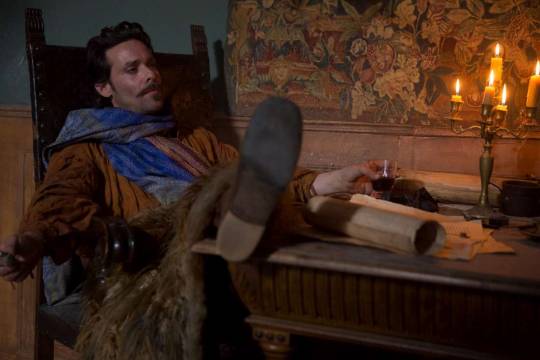
This is the message that I want them to understand: evil can look pretty. Evil can be charming. Evil can seem absolutely harmless. Evil can make you laugh, feel flattered, feel affection, feel pity. Yes, there are moral grey areas in the world, but human trafficking is not, cannot, and will never be anything other than irredeemable savagery. Slavery is cruel and vile and inhumane. And just because something has never been condemned in law, does not mean it is justifiable if it diminishes lives.
And just because you find someone attractive does not mean they’re the good guy. Come on, now.
#the musketeers#bbc musketeers#bbc the musketeers#musketeers#the three musketeers#season 1#episode 3#commodities#emile bonnaire#Émile Bonnaire#bonnaire#james callis#porthos#athos#d'artagnan#aramis#long post#oc#essay#media literacy#image#image description#image description in alt text#animated gifs#slavery#human trafficking#problematic characters#historical drama#meta
111 notes
·
View notes
Photo

Netflix has released Nendoroid enamel pins of Castlevania’s Trevor Belmont and Alucard for $15. Each pin stands 2.2" tall and comes with a display stand.
#castlevania#trevor belmont#allucard#netflix#nendoroid#enamel pin#gift#konami#warren ellis#richard armitage#james callis#adrian tepes#anime
94 notes
·
View notes
Text
ONE MORE TIME, PLEASE
In STP S2's Monsters episode, I thought it was Bashir that Picard was in the therapy session with.
Surprise! It wasn't Alexander Siddig (?), but actor James Callas of Battlestar Galactica fame.
Anyways, I looked him up, and in his filmography on different websites and in Memory Alpha Star Trek, his credit is not Julian Bashir, but Maurice Picard/ "illusory" psychiatrist!
This then raises the question again, Was it actually Q disguised and playing the psychiatrist? 😳
If Q was involved, either actively or passively, it's either one of two choices:
A. It WAS Q because he was trying to help Picard figure out that his father wasn't a monster, thus guiding Picard to * suddenly* realize that Q wasn't one either and that Picard should "know" Q (love him). And that by the psychiatrist literally handing him the Sun model and drawing, it reminded Picard of something he loves, which is Q.
Picard said that the therapy session was antagonistic. Sounds like a certain desperate and in love omnipotent entity scrambling to help his beloved capitaine confront and overcome long-standing CPTSD, so that he could open his heart to love before said entity died. Q was literally running out of time before his death. He would've HAD more time if the writers hadn't been farting around so much with all of the other characters' dramas. But, I digress.
The psychiatrist practically needles Picard throughout the therapy session about him being closed off from his heart and slams his decision to engage in a suicide mission just so that he didn't have to face his feelings. Sounds like Q is trying to save Picard AGAIN! This "psychiatrist" was really pushing pushing Picard during the therapy session.
It makes me think of what JDL had said about Q in Season 2:
"The intentions (towards Picard) are the same. I'm still Picard's main squeeze. And I'm pushing."
Or...
B. Picard's own mind came up with this psychiatrist because he desperately wants to heal, not hide away his feelings.
Therefore, if Picard's own mind is being so emotional about hiding AND inserting Q's Sun representation twice, which then makes Picard wake up and tell Talinn all that Qcard stuff about the lesson being about *knowing* him, then Picard is internally struggling to overcome his resistance towards his feelings--of love--for Q. 😭😭😭
When I first watched this episode, I couldn't figure out why Bashir was the mysterious psychiatrist because he kept vascillating between mocking and deriding Picard's call to duty, and then showing deep concern that had an almost personal pain to it for Picard's closed off heart.
Siddig and Callis do look practically alike.
But for this Qcard lover, knowing that it's definitely not Bashir changes that whole episode for me.
#qcard#star trek q#john de lancie#patrick stewart#star trek#q#q and picard#james callis#star trek picard season two
9 notes
·
View notes
Text
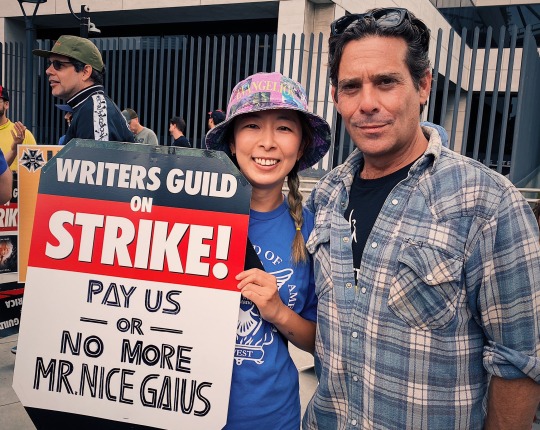
Sept 21 2023 picket line
#strike#battlestar galactica#bsg#sag#aftra#picket line#sign#James Callis#no more Mr nice Gaius#wga#wga strong#wga strike#sag strong#sag strike
91 notes
·
View notes
Text
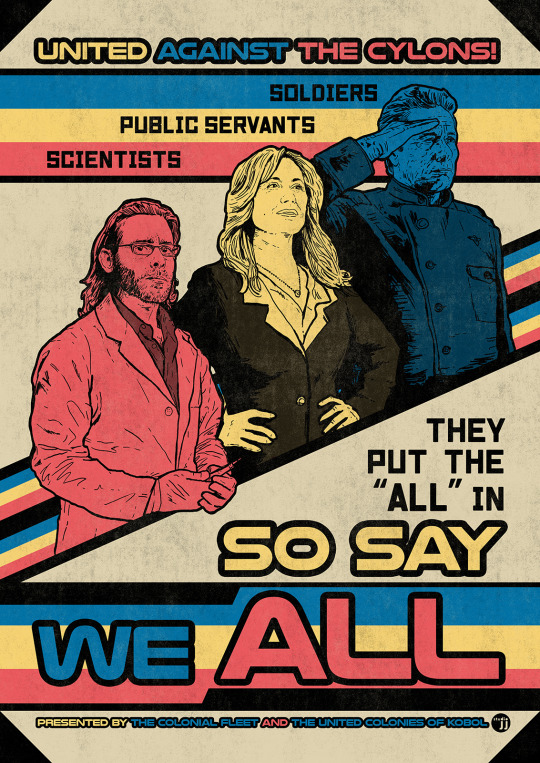
Here's my new Battlestar Galactica piece. I'll be doing postcards for my Patreon patrons later this month but would anyone be interested in a limited print run at a larger size?
#battlestar galactica#bsg#art#fan art#tv#movies#retro#vintage#design#propaganda#so say we all#adama#laura roslin#gaius baltar#bsg art#bsg fan art#battlestar galactica art#battlestar#edward james olmos#james callis#mary mcdonnell
265 notes
·
View notes
Text
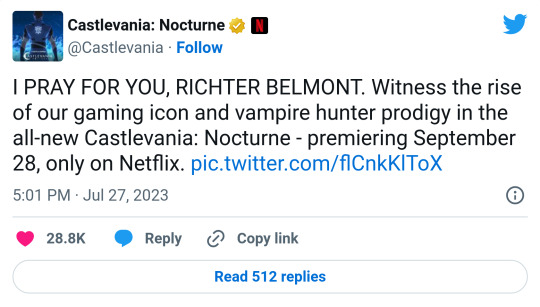
#richard armitage#trevor belmont#alejandra reynoso#sypha belnades#richter belmont#james callis#alucard#adrien fahrenheit tepes#graham mctavish#vlad dracula tepes#dracula#wallachia#castlevania#castlevania nocturne#netflix#castlevania spin off#spin off#france#french revolution#1792#kevin kolde#clive bradley#samuel deats#adam deats#powerhouse animation#frederator studios#animation studio#september 2023#official trailer#news
231 notes
·
View notes
Text

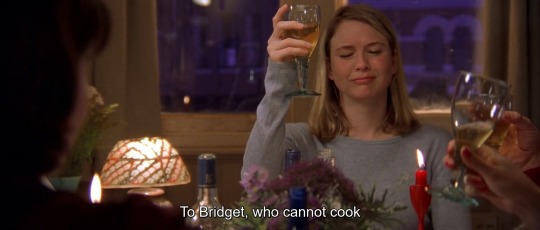




Bridget Jones's diary, 2001
#comedy#drama#romance#bridget jones's diary#sharon maguire#helen fielding#andrew davies#richard curtis#renée zellweger#colin firth#james callis#shirley henderson#sally phillips#celebration
10 notes
·
View notes
Text
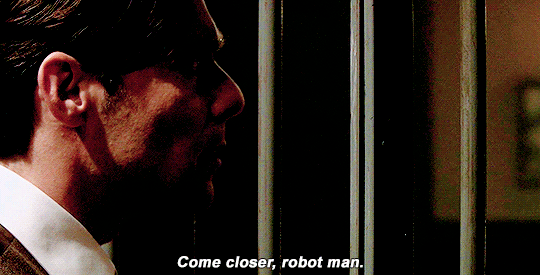

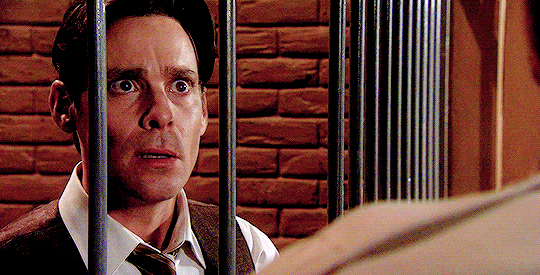
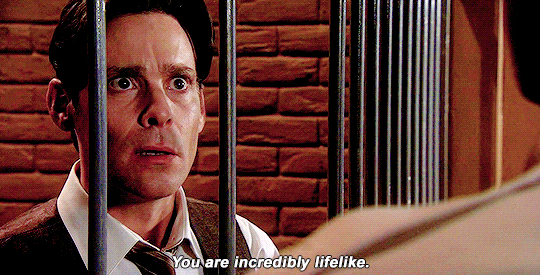
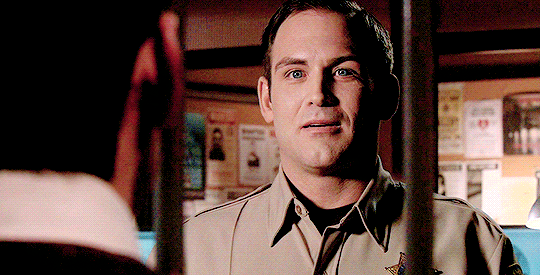

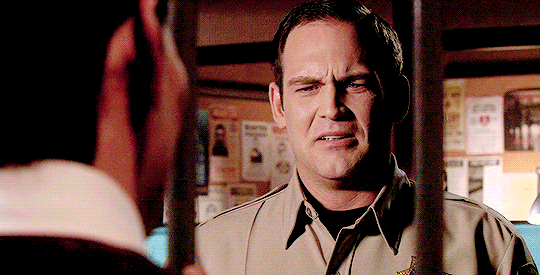
#eureka#eurekaedit#a town called eureka#trevor grant#deputy andy#james callis#ty olsson#season 4#4.02: a new world#syfyedit#scifiedit#scifigifs#syfysource#syfygifs
111 notes
·
View notes
Text
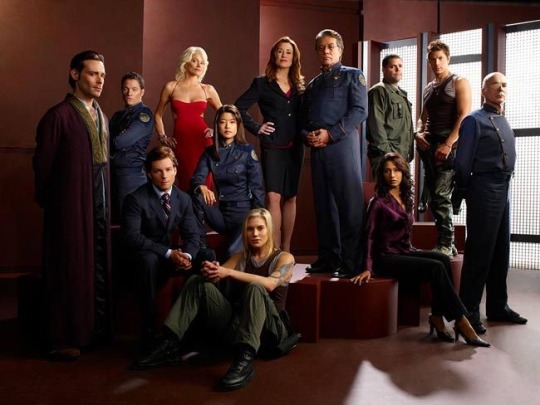
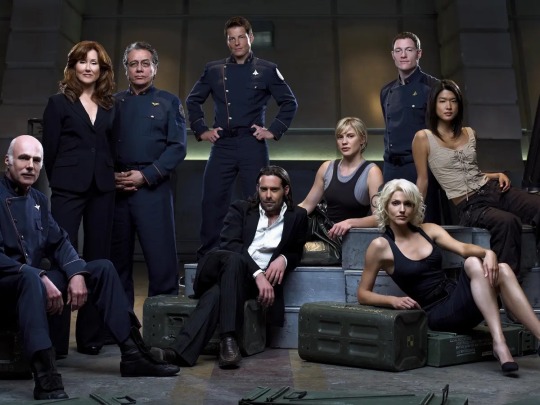
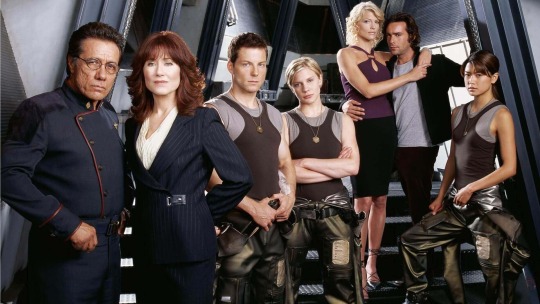
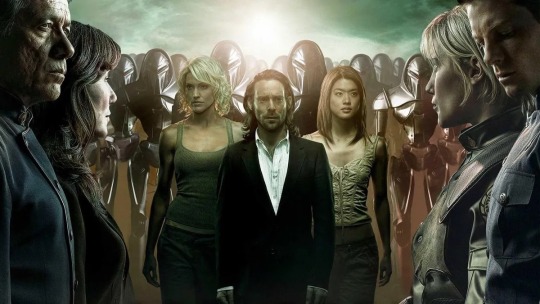
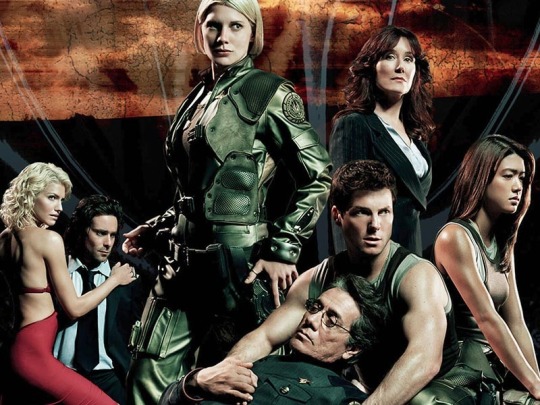


#battlestar galactica#bsg#cylons#colonial fleet#battlestar galactica 2004#James callis#tahmoh penikett#tricia helfer#grace park#jamie bamber#edward james olmos#mary mcdonnell#katee sackhoff#michael hogan#aaron douglas#rekha sharma#michael trucco#so say we all#all of this has happened before and will happen again
147 notes
·
View notes